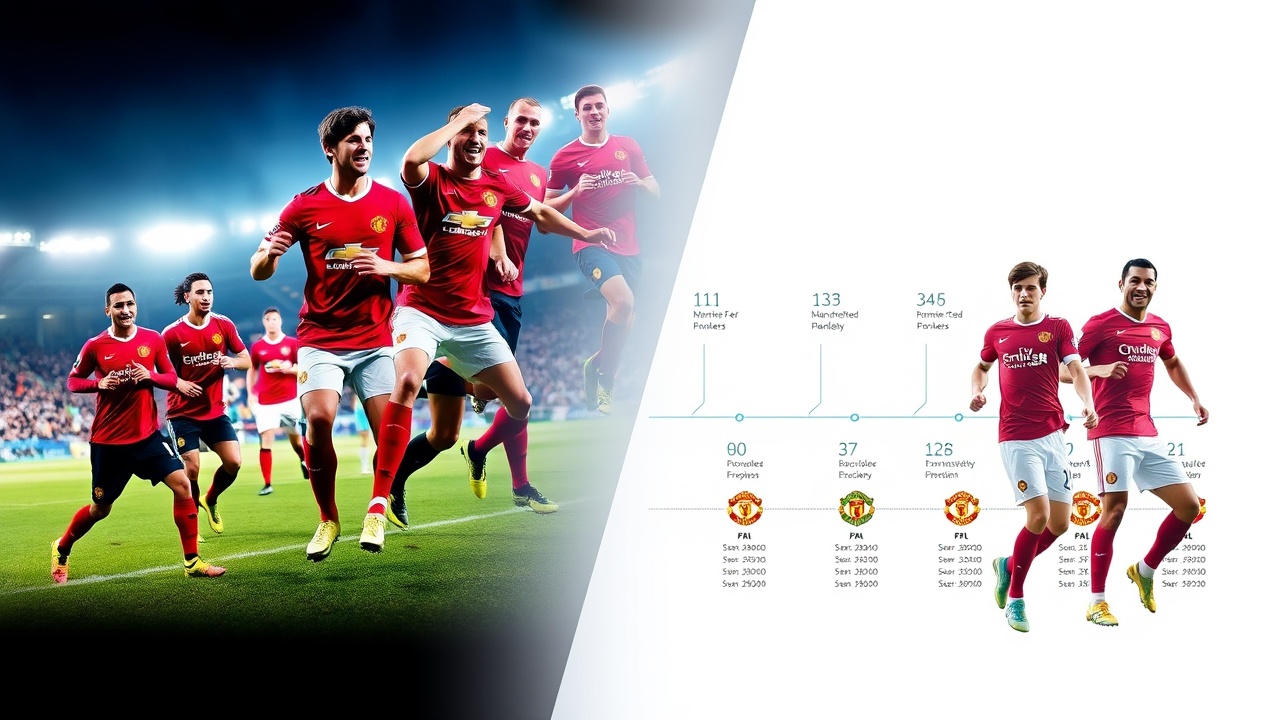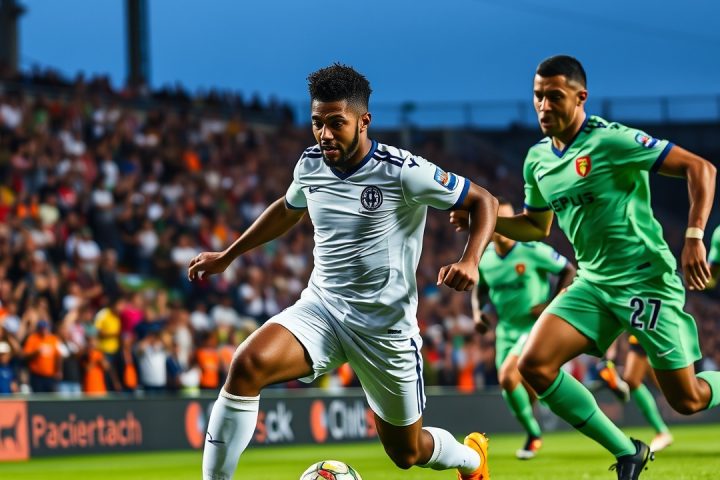Manchester United’s Transfer Strategy Under Ed Woodward
During Ed Woodward’s tenure as Manchester United’s executive vice chairman, he openly favored signing players with release clauses, finding such deals to be much more straightforward. This approach made the pursuit of Antoine Griezmann in the summer of 2017 particularly appealing. Woodward understood that triggering the French forward’s €100 million exit clause from Atlético Madrid would simplify negotiations for all parties involved.
“It was simply a matter of paying the specified amount.”
However, the transfer did not happen; manager José Mourinho elected to allocate resources to different positions after an impressive first year that included winning the Carabao Cup and Europa League.
Recent Transfers and Negotiation Simplicity
Despite Woodward’s departure in 2022, the recent acquisition of Matheus Cunha by United might remind the club of simpler times. The Brazilian attacker was signed after Manchester United activated his £62.5 million release clause with Wolverhampton Wanderers, marking the club’s first summer signing. This move is expected to be finalized following the international break.
Cunha is a valuable addition, having thrived in Wolves’ 3-4-3 setup, which mirrors the tactical approach of United’s current manager, Ruben Amorim. His experience in the Premier League is noteworthy, scoring 15 goals last season and 12 the year prior.
For Manchester United’s chief executive Omar Berrada and director of football negotiations Matt Hargreaves, Cunha’s acquisition was advantageous due to the straightforward nature of the release clause. The transfer discussions primarily revolved around how the payments would be structured rather than negotiating the fee itself. United proposed staggered payments spanning five years, while Wolves preferred a two-year payment plan. Notably, negotiations concluded on June 1, coinciding with the beginning of FIFA’s recently introduced transfer window ahead of the Club World Cup.
Challenges in Transfer Negotiations
However, negotiating signings is not always straightforward for United. Woodward previously characterized clubs’ inflated fees when negotiating with United as a “United tax”, a concept echoed by former football director John Murtough. This situation is not exclusive to United; Newcastle United has voiced concerns about a so-called “Saudi tax”, where player prices rise simply due to ownership by a sovereign wealth fund.
Every club perceived as financially robust has faced similar challenges. Historically, Manchester United has fallen prey to overpaying for players, especially under pressure from the managerial team. They infamously spent over £150 million on Casemiro and Antony within just a week towards the end of the 2022 transfer window — moves that have since been viewed as miscalculations in terms of transfer fees and salaries.
“…questions linger about whether his ongoing performance justifies the hefty price tag.”
Similarly, Rasmus Højlund, bought from Atalanta, was highly regarded, but concerns linger about whether his ongoing performance justifies the hefty price tag that soared beyond £70 million with add-ons.
Financial Discipline and Future Strategies
In a significant shift, last summer saw United break away from negotiations with Everton regarding Jarrad Branthwaite after determining that the asking price was excessively high. This decision coincided with Berrada taking charge, reflective of his previous experience at Manchester City, where price sensitivity was common.
Despite existing financial hurdles, United has reportedly found ways to create budgetary space for new signings by reducing their wage expenditure, partly due to co-owner Sir Jim Ratcliffe’s measures leading to redundancies. Nevertheless, the club’s leadership emphasizes the necessity for “discipline” in spending as they face a season devoid of European competition.
Interest in players like Bryan Mbeumo from Brentford remains, but only if the cost aligns with club mandates. Other potential recruits include Antoine Semenyo from Bournemouth and Eberechi Eze of Crystal Palace.
With the pressure mounting to rejuvenate their squad following an exceptionally poor domestic season, Manchester United’s recruitment strategy aims to rectify past misjudgments while maintaining a financial equilibrium. The club is confronting the reality of moving beyond the “United tax” era in pursuit of a more successful future.




